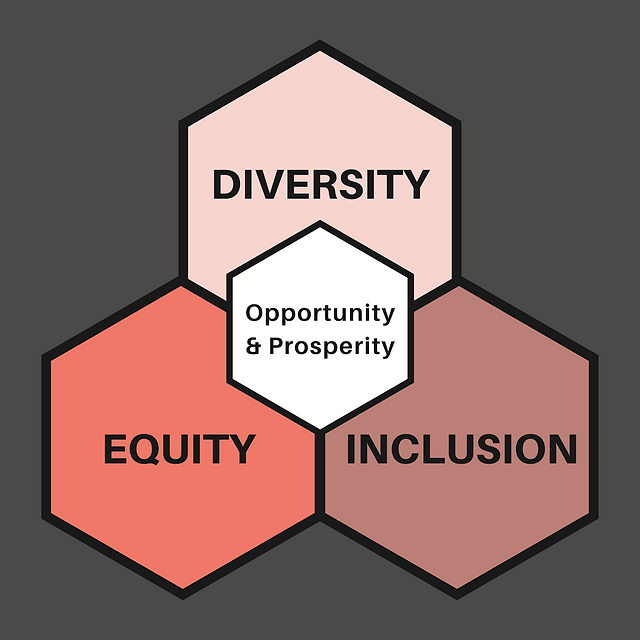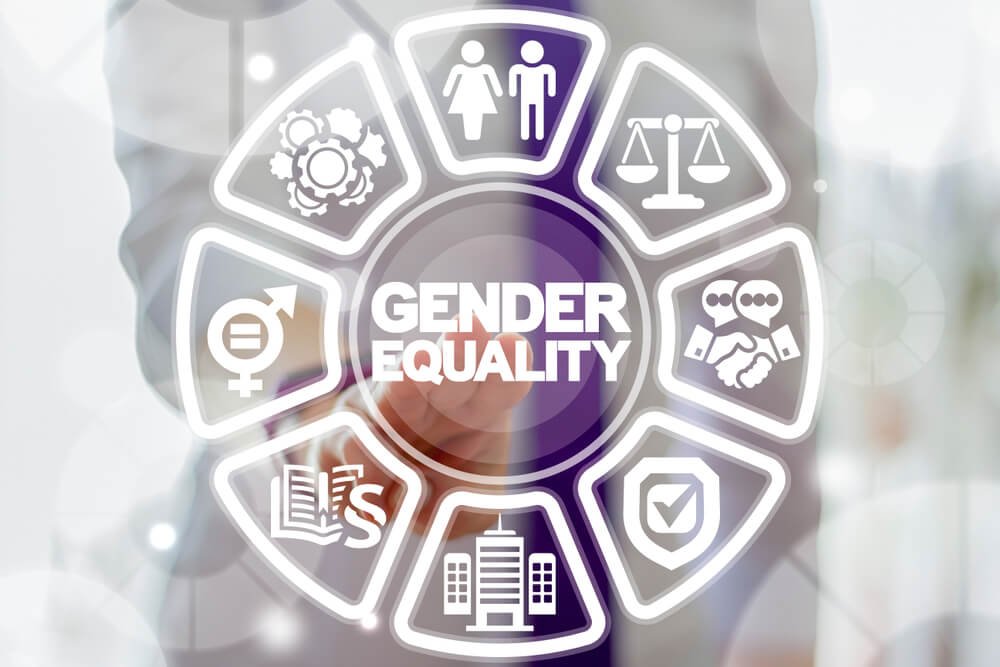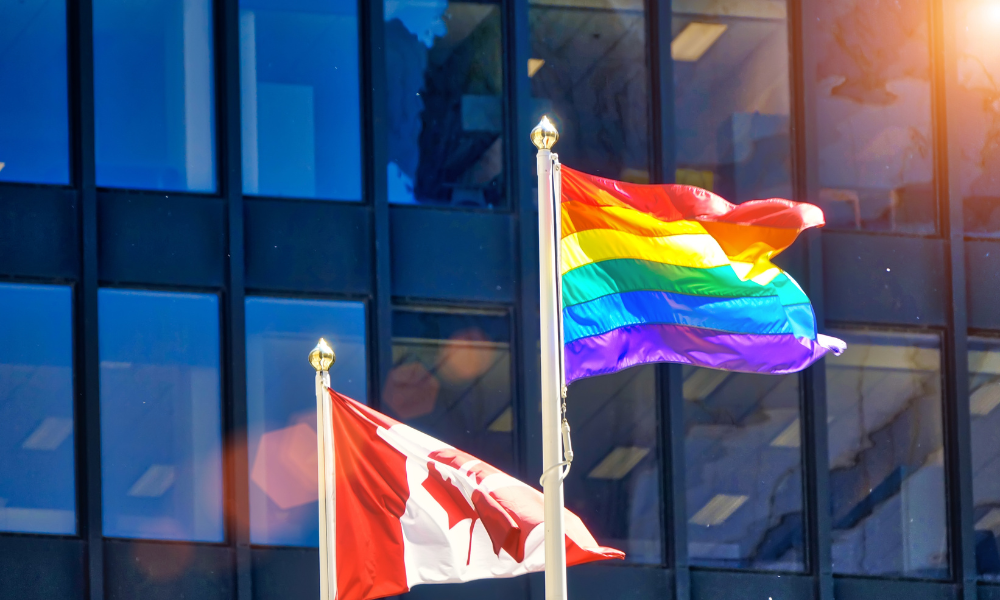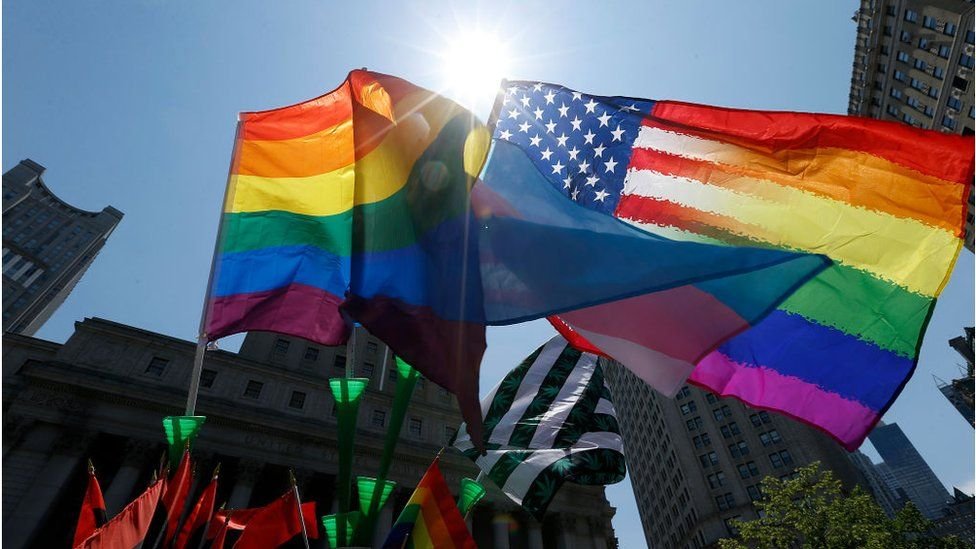Category: Blogs
The Growth of the Indian IT Sector and the Role of “I am Safe at Work™” Certification
17-07-2024
The Indian IT sector is a significant component of the country’s economy. As of FY2023, the Indian technology industry, which includes both IT and BPM (Business Process Management) sectors, had an estimated revenue of USD 245 billion. This includes USD 194 billion from exports and USD 51 billion from the domestic market (NASSCOM, Wikipedia).
The Indian IT sector has grown robustly, driven by increasing digital transformation initiatives and the adoption of advanced technologies like AI, cloud computing, and cybersecurity. The industry’s contribution to India’s GDP has increased significantly over the years, currently standing at around 7% (Wikipedia).
Key drivers for this growth include a large, skilled workforce, a strong startup ecosystem, and supportive government policies. The sector also benefits from India’s cost competitiveness and the increasing global demand for digital services.
Given the sector’s expansive reach and continuous growth, the market opportunity for certifications like “I am Safe at Work™” within this industry could be substantial. Ensuring workplace safety and well-being with “I am Safe at Work™” can be particularly appealing to IT companies aiming to attract and retain top talent while maintaining high operational standards.
“I am Safe at Work™” certification not only highlights a company’s commitment to employee safety but also enhances its reputation in the competitive IT sector. The implementation of “I am Safe at Work™” standards can lead to improved employee morale and productivity, further driving the growth and success of Indian IT companies.
As the Indian IT sector continues to expand, the integration of “I am Safe at Work™” certification will play a crucial role in setting high safety standards, ensuring well-being, and fostering a positive work environment. This emphasis on safety and well-being through “I am Safe at Work™” certification will help IT firms differentiate themselves in the market and attract global clients who prioritize employee safety and ethical practices.
In conclusion, the Indian IT sector’s growth, combined with the adoption of “I am Safe at Work™” certification, will not only enhance workplace safety but also contribute to the overall success and sustainability of the industry.









